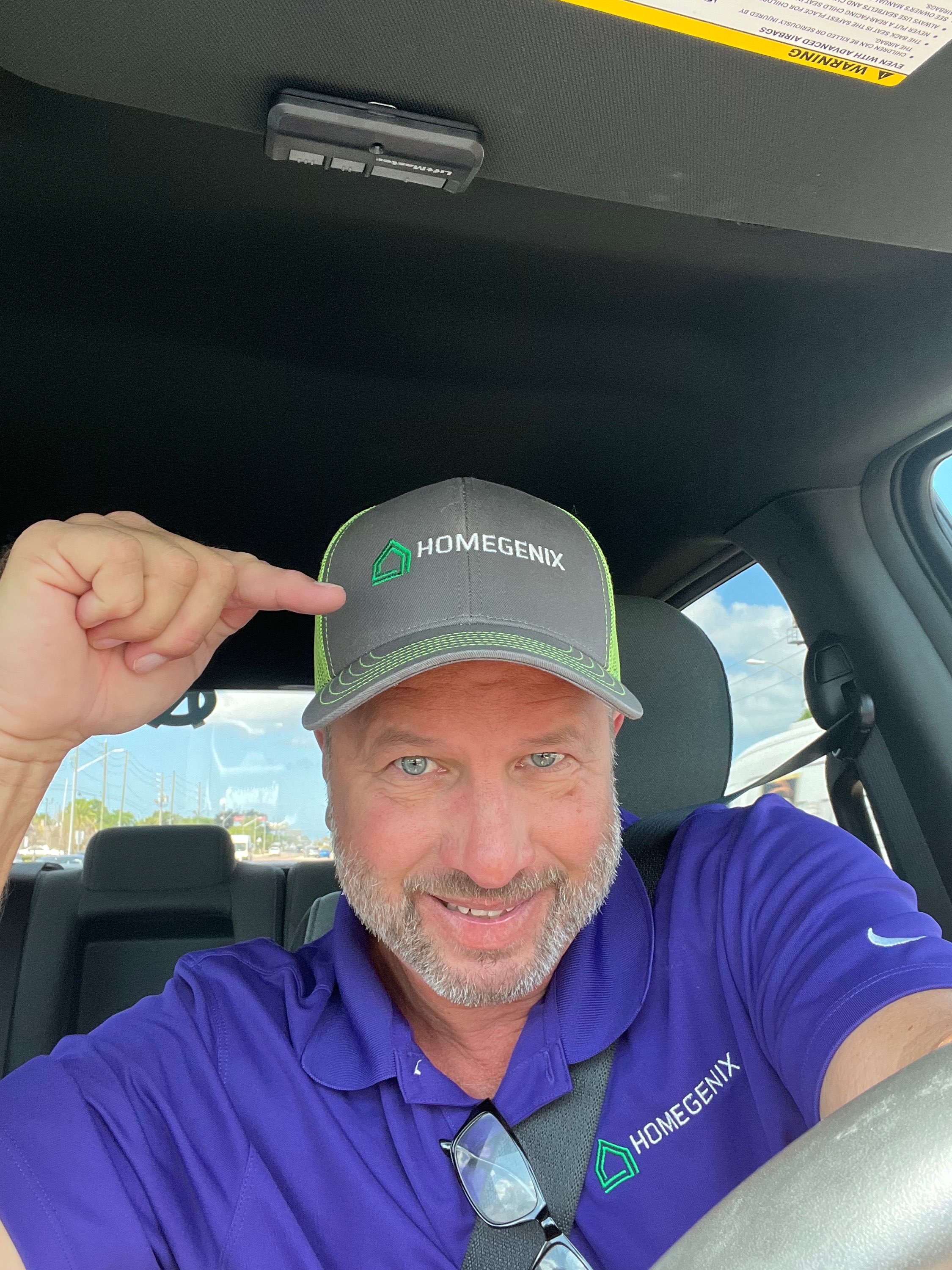The Importance of Home Inspections for Condos and What to Look For
- David Lee
- Sep 16, 2025
- 4 min read
When buying a condo, many buyers tend to underestimate the value of a home inspection. Unlike single-family homes, condos have specific factors that can greatly influence your investment. A comprehensive home inspection can reveal hidden problems, allowing you to make informed choices before making the purchase. This blog post emphasizes the significance of home inspections for condos and pinpoints key aspects to focus on during the procedure.
Understanding the Unique Aspects of Condos
Condos differ from traditional homes in several ways. They exist within larger buildings or complexes, meaning that the overall condition of the entire property affects your living environment. Additionally, as a condo owner, you share common spaces and amenities with others, which can create complications not usually found in stand-alone homes.
Given these factors, a condo home inspection should cover not only the individual unit but also the overall condition of the building and shared areas.
Why Home Inspections Are Essential for Condos
1. Identifying Structural Issues
One of the most critical reasons for carrying out a home inspection is to spot any structural problems within the condo. Inspectors evaluate the integrity of the building, including its foundation, walls, and roof. For example, a small crack in the foundation may appear harmless, but it could indicate deep-rooted issues that might cost thousands to repair later. Knowing about these problems early can save you from substantial expenses down the line.
2. Assessing Common Areas
Common areas in a condo—like hallways, lobbies, and fitness centers—are shared among residents. An inspection should include these spaces to ensure they are safe and well-maintained. For instance, if inspectors find worn-out carpeting or significant water damage in the lobby, it is a sign that the property management might not be proactive, which could lead to larger maintenance issues down the road.
3. Evaluating the HVAC System
A functional heating, ventilation, and air conditioning (HVAC) system is vital for comfort in any condo. During an inspection, the HVAC system's condition is assessed for efficiency and potential issues. If an inspector notes that the system is more than 10 years old and hasn't been maintained regularly, be prepared for possible replacement costs ranging from $4,000 to $8,000. Understanding its condition before buying is essential to prevent surprises later.
4. Checking for Water Damage
Water damage often affects condos due to leaks in plumbing or problems with the building's exterior. Inspectors will look for signs such as stains, mold, or damp areas, signaling potential issues. For instance, a small water stain on a ceiling could indicate a larger plumbing issue, which might escalate repair costs if not addressed early. Recognizing these problems can save you from health risks associated with mold exposure and high repair expenses.
5. Reviewing Electrical Systems
The electrical system in your condo must meet safety codes and handle the demands of contemporary living. An inspection evaluates the electrical panel, wiring, and outlets to ensure they are in good condition. If inspectors find outdated wiring, it could pose serious safety hazards, costing you between $1,500 to $3,000 to upgrade. Therefore, assessing this aspect during the inspection is crucial to ensure your safety.
6. Understanding the Homeowners Association (HOA)
Most condos are managed by a homeowners association (HOA) that oversees the property and enforces community rules. A home inspection should include a review of the HOA's financial health and management practices. For example, if the HOA has a growing reserve fund, it indicates good financial management, reducing the likelihood of sudden special assessments. Knowing your HOA's track record can help you strategize for future fees that might arise.
What to Look For During a Home Inspection
1. Hire a Qualified Inspector
Selecting a qualified home inspector who has experience in condo inspections is vital. Look for an inspector who understands condo living's unique challenges and can provide a detailed evaluation.
2. Attend the Inspection
If you can, attending the home inspection is invaluable. This allows you to understand issues firsthand and gives you a chance to ask questions about the inspector’s findings.
3. Review the Inspection Report
Once the inspection is complete, carefully go through the report the inspector provides. This report will highlight any issues discovered and offer recommendations for repairs or further evaluations.
4. Prioritize Repairs
Should the inspection reveal significant problems, prioritize repairs based on urgency and cost. This will aid you in negotiating with the seller or planning for future expenses and maintenance.

Final Thoughts
In summary, a home inspection is an essential step in the condo buying process. It sheds light on the condition of both the unit and the entire building, helping you make informed decisions. By recognizing the unique aspects of condo living and concentrating on crucial areas during the inspection, you can safeguard your investment and enjoy a comfortable lifestyle.
Remember, a thorough home inspection could save you from unanticipated expenses and provide peace of mind as you transition to your new condo.









Comments